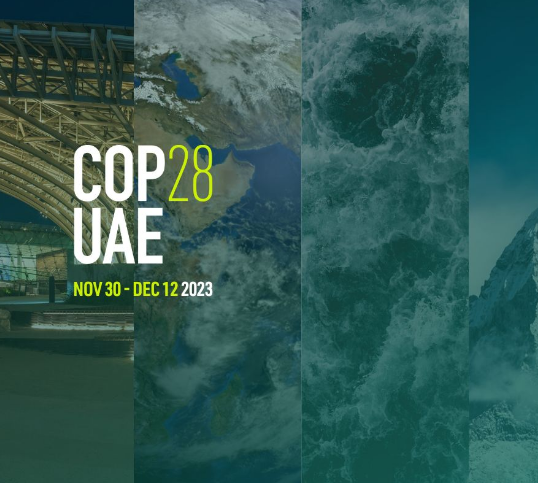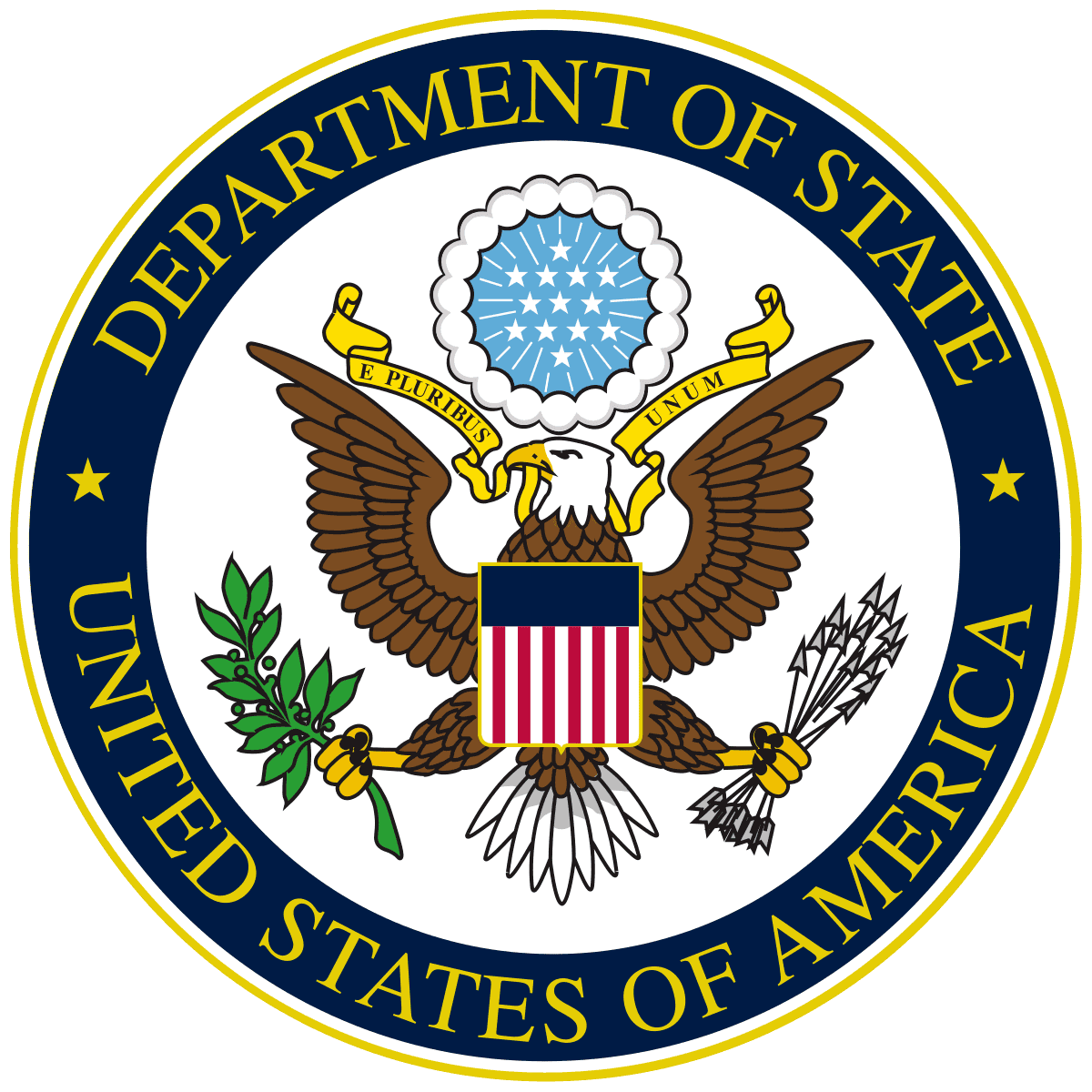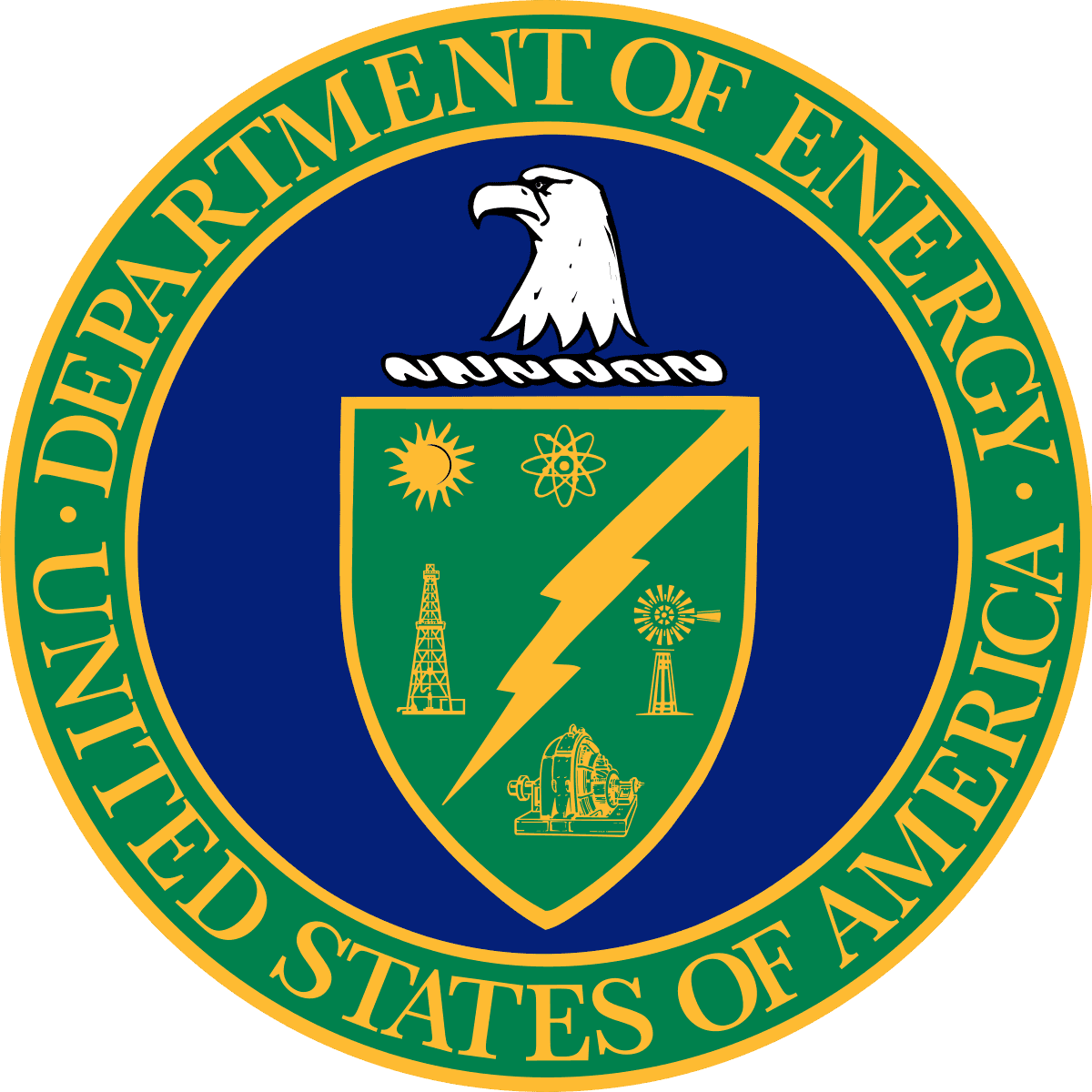
2 Feb 2024
Nuclear Energy Endorsed by 25 Nations at COP28
The COP28 meeting in Dubai brought nuclear energy to the forefront of discussions about sustainable energy and its role in GHG emissions abatement. There were 25 signees to an agreement to triple the amount of nuclear-generated electricity between now and 2050. Nuclear power plants produce about 10% of the world's electricity today.
The signees were Armenia, Bulgaria, Canada, Croatia, Czech Republic, Finland, France, Ghana, Hungary, Jamaica, Japan, Republic of Korea, Moldova, Mongolia, Morocco, Netherlands, Poland, Romania, Slovakia, Slovenia, Sweden, Ukraine, United Arab Emirates, the United Kingdom, and the United States.
China, Russia, India, Pakistan, Germany, Brazil, and Iran were the most prominent missing names among the 32 nations that currently produce nuclear energy. Several signees, on the other hand, currently do not produce nuclear energy and presumably have it in mind, including Croatia, Ghana, Jamaica, Moldova, Mongolia, and Morocco.
Tripling the global output of nuclear energy would require a minimum of $1.2 trillion in current US dollars, although current cost estimates for nuclear power-plant construction vary to as much as 10 times that amount.
A $12 Trillion Program, with Issues
In that case, a $12 trillion program over the 26 years between now and 2050 would consume 0.3% to 0.5% of the global economy each year for plant construction alone, assuming continued world economic growth of 2% to 3% annually.
This appears to be economically viable, but there are three big non-financial issues that cannot be forecast at the moment: whether there will be enough people trained in nuclear energy, enough construction capability in the world to build these plants, and country-by-country political support of nuclear energy. There are also the issues of which countries should build them, the geopolitics of more nations having nuclear power, and whether copious new nuclear energy will improve or exacerbate global income disparity.
The COP28 signees acknowledged these issues, and noted in their declaration that”the highest standards” of safety and security must be followed, that “innovative funding mechanisms” should be pursued, that national governments take “domestic actions to ensure nuclear power plants are operated responsibly and in line with non-proliferation.”
The declaration also calls for nuclear fuel waste to be managed “responsibly for the long term,” and that “small modular and other advanced reactors for power generation as well as wider industrial applications for decarbonization, such as for hydrogen or synthetic fuels production” be pursued.
Follow us on social media:


.d57b427b.png&w=3840&q=75)

















